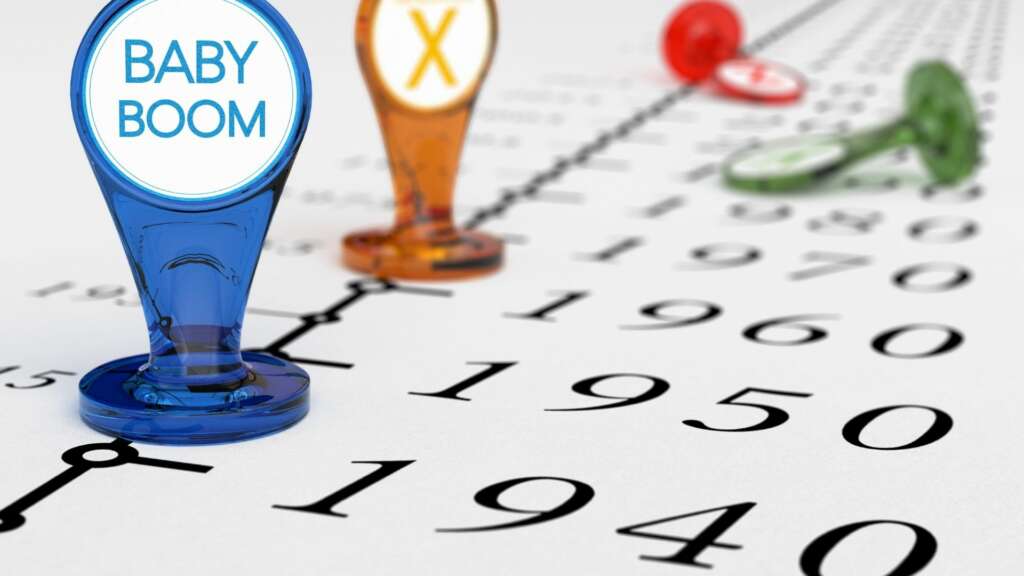
What is a Boomer? Baby Boomers is the demographic following Generation X. The origin of this term as a term of derision is “okay boomer” which might seem like a very long time coming, but in fact it’s been an ongoing thing.
The first Boomers were born between the wars, during World War II. In the middle of that decade, World War II ended. With the end of World War II, there was a massive influx of soldiers from Europe to the US, resulting in a huge influx of new immigrants brought home the experience of war. The Boomers, who were born in the 1950s are the youngest generation to experience that influx. Boomers today, are the group now.
While many think baby boomers are an ageing population, the reality is that those same people who had their children are still working, as well. As baby boomers grow older, there is no doubt that they will also begin to age and begin to retire.
So when you hear the phrase “baby boomer”, you need to understand what it means, both historically and presently. It is used to indicate that the person or persons who have been labelled as Boomers are very much like the Baby Boomers.
When we talk about baby boomers, we are talking about people who have had their children but are still working. These are the people that you find in hospitals, the ones who get prescriptions, etc.
Now, if we take “baby boomer”, we’re also referring to the Boomers who were born during the late 1950s. That’s the time when the whole “baby boom” phenomenon began. Boomers are the ones that were born during the baby boom. The “baby” part of “baby boom” is a reference to the fact that people have given them the name.
Now, in order to answer the question posed above, you need to understand that baby boomers are the group that is most often used in a derogatory way. If a person or persons are referred to as a boomer, it simply means that they were a baby boomer. They are considered as being too young and inexperienced to make their own choices in life, or that their decisions are not as informed as they should be.
However, in terms of terminology, there are several other people that are often called a baby boomer, such as those born in the 1960s, early 1970s, and so forth. However, they aren’t necessarily considered to be baby boomers. That is because they have children, but are considered to be “boomers” on a different spectrum.
There are a number of books available on the market that have lists of the various classes of people that are commonly called baby boomer, and they have varying definitions of who falls under the classification. Generally, anyone who has had their first child at the age of eighteen or more, regardless of what year that child was born, is considered a baby boomer.
Another group that are often called baby boomer include those who are fifty or more years old. who have their children at that age? There is the generation known as the “senior citizens” who are over the age of 60, which includes many people who were in college as students. and who have their own families.
So when you are looking to describe someone who is often considered a baby boomer, you need to look to figure out what group they fall into. This is a problem because a lot of people refer to those groups the same. The term “baby boomers” is often used to refer to Boomers who are in their thirties, for instance.
Many people think that because someone is referred to as a baby boomer, that they are the people who are just starting to get married or have just gotten married. While this is true, that is not always the case.
Some people also assume that Baby Boomers are those who have been retired for a long period of time. While this is true for some people, the reality is that a Baby Boomer can still live at home with their parents, and this can sometimes mean that they are still a couple even while they are still active in society. It may also mean that they are retired, but have other responsibilities as well.


